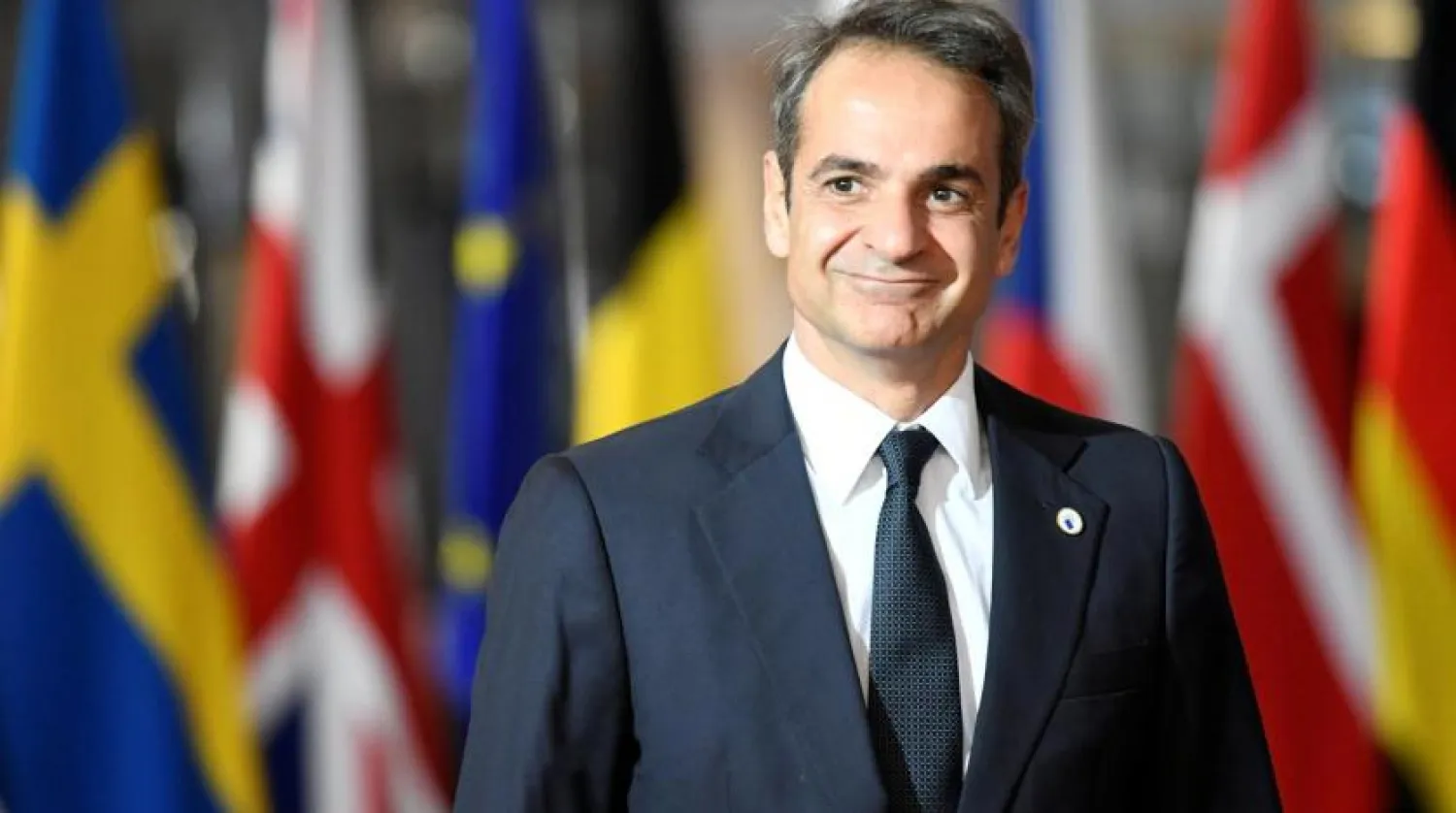Greece’s prime minister said Thursday that he has no intention of competing against Turkey in an arms race and hopes to resolve differences with the neighboring country through dialogue, but that Greece must defend its territory and sovereignty.
Kyriakos Mitsotakis’ comments Thursday came two days after Greece signed a defense deal with France worth around 3 billion euros ($3.5 billion), including the purchase of three French frigates for the Greek navy, The Associated Press reported.
“We cannot ignore the fact that we live in a very complicated neighborhood. It is a reality of geography which we cannot ignore,” Mitsotakis said during a Democracy Forum conference in Athens.
“I do not intend to enter into an arms race with Turkey, and I’m always reaching out a hand of friendship to Turkey. We have big differences on many issues, but there should be a way to solve these differences through dialogue,” the prime minister said. “At the same time, we will defend our territory, our territorial integrity, our sovereignty, our sovereign rights. And in order to do so, we need a strong deterrence.”
The French frigates Greece will buy are ships that “will usher the navy into a new digital era, and a ship that will give us a very strong deterrence capability for the next year, for the next decades,” he said. “And we have an obligation to make sure that we have the capacity to defend ourselves.”
Tensions between Greece and historic regional rival Turkey, both NATO members, have increased in recent years over energy exploration rights in the eastern Mediterranean. The two neighbors have been at loggerheads for decades over a long series of issues, including territorial rights in the Aegean Sea that lies between the two countries, maritime and aviation boundaries, and minority rights.
The agreement Greece signed with France includes a deal for mutual assistance in the case of an attack by a third country.
That clause “essentially says that if any of the countries is attacked, if its territory is challenged, its sovereignty is challenged, then there is an obligation by the other party to assist it,” Mitsotakis said. “And this is a strategic partnership which in my mind goes above and beyond the mutual assistance clauses that are currently included in the European treaties.”
The deal, he said, wasn't in competition to NATO or any other alliances.
“We have a strategic partnership with the United States that is going from strength to strength.
We’re about to sign ... a new five year mutual defense and cooperation agreement with the United States,” he said, adding that “Greece, France and the United States are NATO members. So there is no real competition here. We’re talking about complementary initiatives.”
Greece has already bought 18 French Rafale fighter jets and plans to purchase another six under a program to modernize its armed forces.









